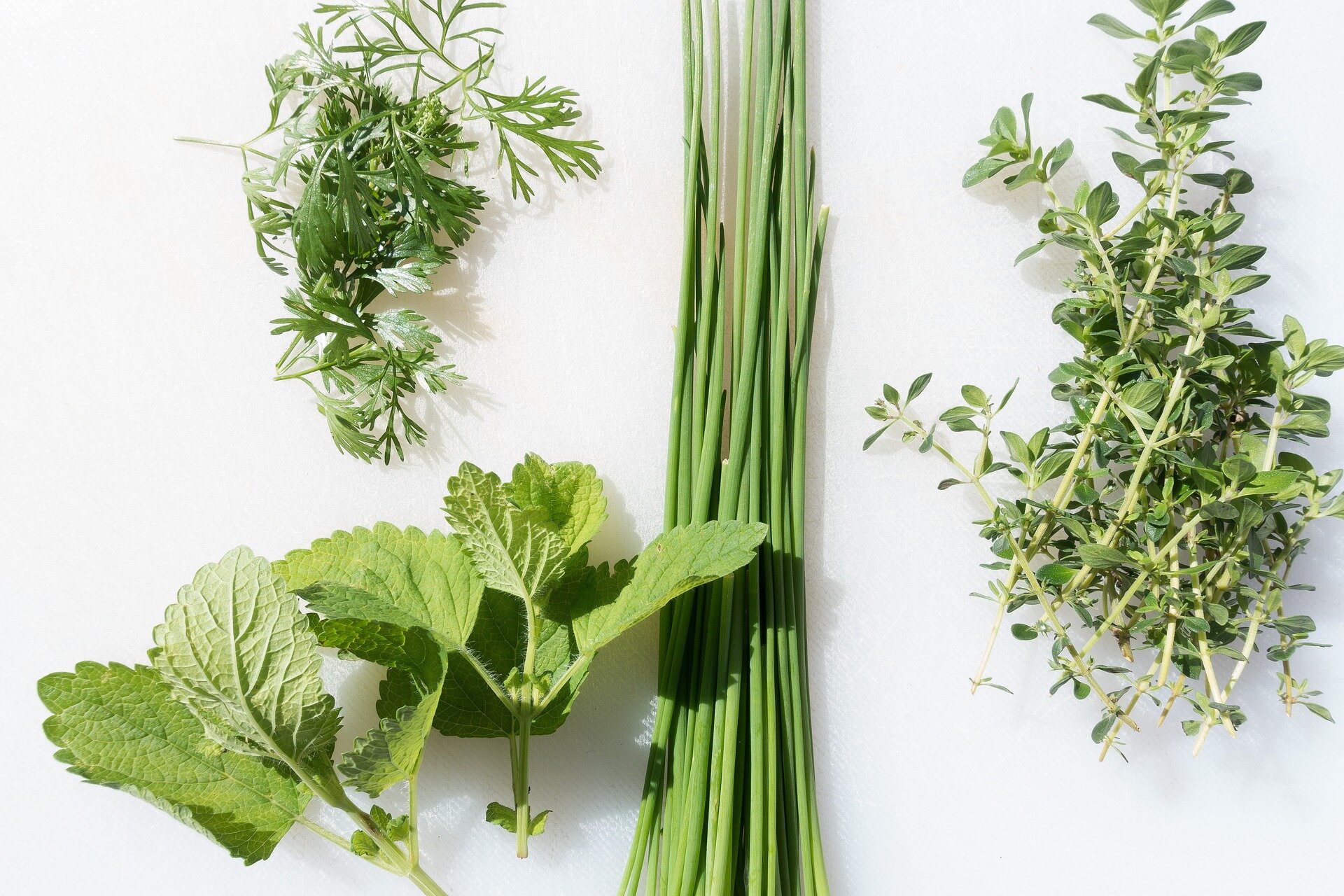
REGISTERED DIETITIAN VS. NUTRITIONIST
Insights from Cynthia Sass, MPH, MA, RD, CSSD
WHAT IS THE DIFFERENCE BETWEEN A REGISTERED DIETITIAN AND A NUTRITIONIST?
One of the top questions I’m asked is, "What’s the difference between a nutritionist and a registered dietitian (RD), also referred to as registered dietitian nutritionist (RDN)?" In my opinion, the difference lies in the depth, scope, length, and type of formal education and training.
I’ve heard some nutritionists say that you only need a dietitian or RD/RDN if you’re sick, or that dietitians don’t have training in holistic nutrition and wellness. Neither is true. Just like medicine, dietetics is an incredibly broad field. All RDs/RDNs start out with basic training (more on this below), but most then specialize in a given area. Just as there are internists as well as cardiologists, dermatologists, and pediatricians, there are RDs/RDNs who work in hospitals in clinical dietetics, or specialize in disease states, and those who work in performance and wellness like I do. You don’t go to a cardiologist for your annual pap smear, right? In the same way, you wouldn’t go to a clinical RD/RDN for sports nutrition advice.
Registered Dietitian or Registered Dietitian Nutritionist
This credential requires the RD/RDN to complete strict formal educational requirements, supervised clinical experience, pass an exam, complete ongoing continuing education, and adhere to a code of ethics.
Nutritionist
The term nutritionist isn’t regulated, so technically, anyone can call himself or herself a nutritionist, even with no degree, formal training, license, or certification.
MORE ABOUT REGISTERED DIETITIAN CREDENTIALS
REGISTERED DIETITIAN OR REGISTERED DIETITIAN NUTRITIONIST
Dietitian, specifically registered dietitian, noted by RD after one’s name, or RDN for registered dietitian nutritionist (note: both RD and RDN are used by dietitians), has a specific meaning. That title requires:
A four year college degree from an accredited university program that includes specific course work in human physiology, nutrition science, and other sciences.
A 1,200 hour supervised hands-on internship.
Passing a comprehensive examination.
Completing ongoing continuing education. RDs/RDNs are also held to a professional code of ethics.
NOTE: Starting on January 1, 2024, the minimum degree requirement for dietitians changed from a bachelor’s degree to a master’s degree. Personally, I love the term ‘nutritionist’ so I identify myself as both a nutritionist and registered dietitian.
BOARD CERTIFIED SPECIALIST IN SPORTS DIETETICS
Certification only available to Dietitians
This is a certification that only registered dietitians can acquire. If someone has this credential, you will see CSSD by their name. To attain this certificate a dietitian must:
Currently be a Registered Dietitian (RD) via the Commission on Dietetic Registration.
Maintain the RD status for a minimum of two years from the original examination date.
Document 2,000 hours of sports dietetics practice experience as an RD within the past five years (initial certification).
Document 1,500 hours of sports dietetics practice experience as an RD within the past five years (recertification).
HOW TO CHOOSE A REGISTERED DIETITIAN
If you’re considering information or advice from an RD/RDN, be sure that they specialize in your needs. If you’re considering information or advice from a nutritionist who is not an RD/RDN, ask specifics about their training. If they have a degree, what is it in, where is it from, what classes did it include, and how long did it take to complete? How in depth and specialized was their training? If they are certified, find out about the certifying agency – exactly what do they require to grant and maintain the certification?
There are vast differences among the various non-RD/RDN certifications. Also note that while it’s not true for all, most MDs are only required to take one single nutrition course. I work closely with MDs, psychologists, and other health care professionals, and whether I’m considering a personal practitioner or recommending one to a client, I always make sure I’ve scoped out their credentials and feel confident about their educational background and training.
WESTERN MEDICINE VS TRADITIONAL AND ALTERNATIVE METHODS
Finally, it’s not true that RDs/RDNs only practice western medicine. Many RDs/RDNs, myself included, utilize a blend of traditional and alternative methods. The Academy of Nutrition and Dietetics (AND, formerly known as the American Dietetic Association), the organization that grants the RD/RDN credential, includes a Dietitians in Integrative and Functional Medicine practice group, which I belong to.
I have also studied mindfulness and meditation through UCLA and I’m a Certified Plant Based Professional Cook and Certified LEAP Therapist. All of my personal health care providers, including my veterinarian (who uses acupuncture), are traditionally credentialed, with additional training in eastern and/or alternative methods.
WHY IT’S IMPORTANT TO PAY ATTENTION TO CREDENTIALS
There are more nutrition enthusiasts than ever before, and lots of nutrition information and advice to choose from. What works for one person may be totally inappropriate, not effective, or even dangerous for another person. That’s why formal training and credentials are so important.
Throughout my years as a practitioner, I’ve seen clients and friends harmed by nutrition advice given by people without adequate training. In most cases, the person who gave the advice truly believed they were helping, and didn’t realize why their advice was poor. Again, it’s just like any other specialty – a person who completed one year of medical school probably knows more than a person with no medical training, but it’s the lack of those extra years and residency that can lead to a wrong diagnosis or treatment.
BOTTOM LINE:
Nutrition isn’t common sense – it’s a specialized science. Before you put your trust in any health professional’s hands, including a nutrition professional, be sure you feel confident about their qualifications.
— Cynthia Sass, MPH, MA, RD, CSSD


